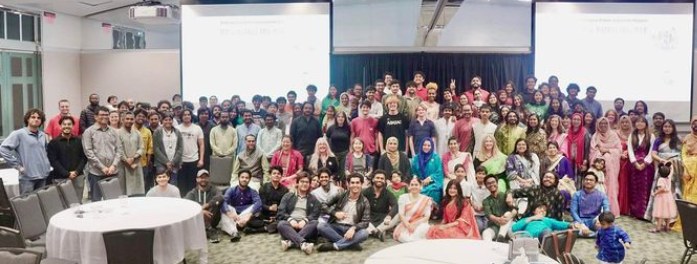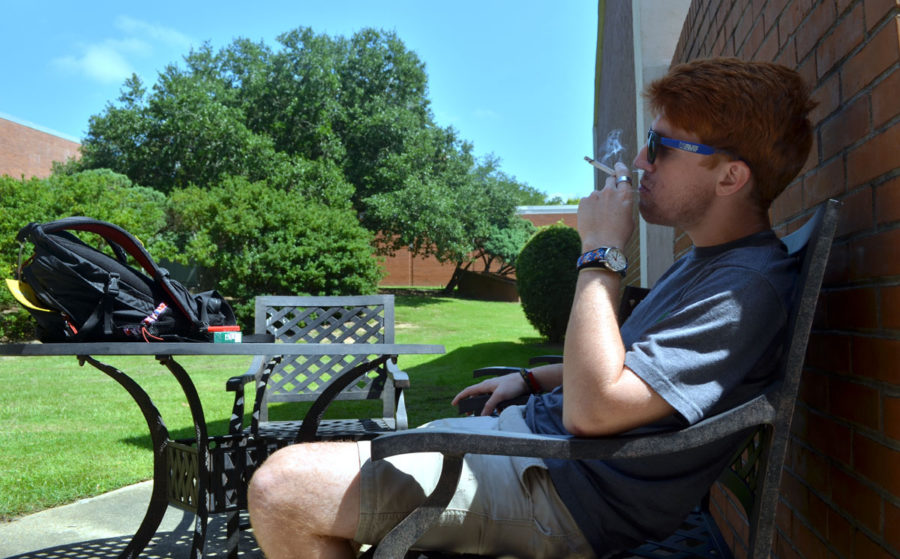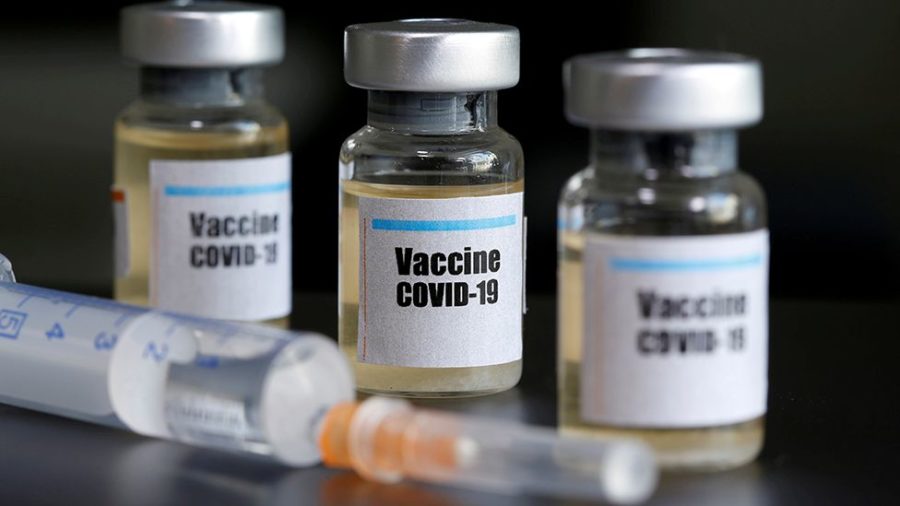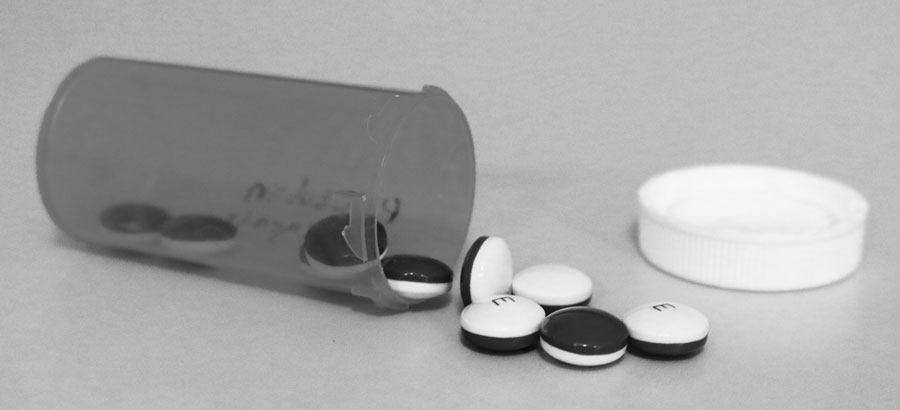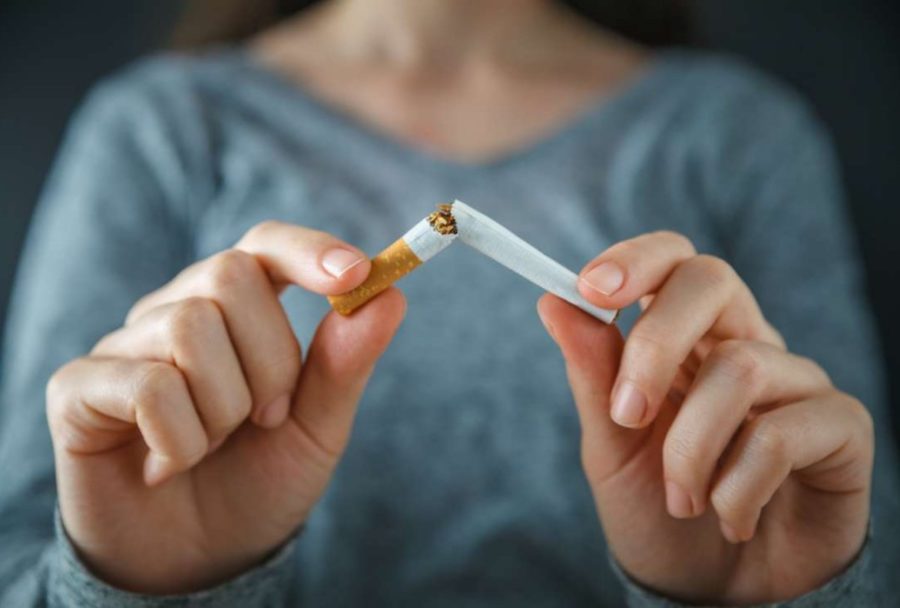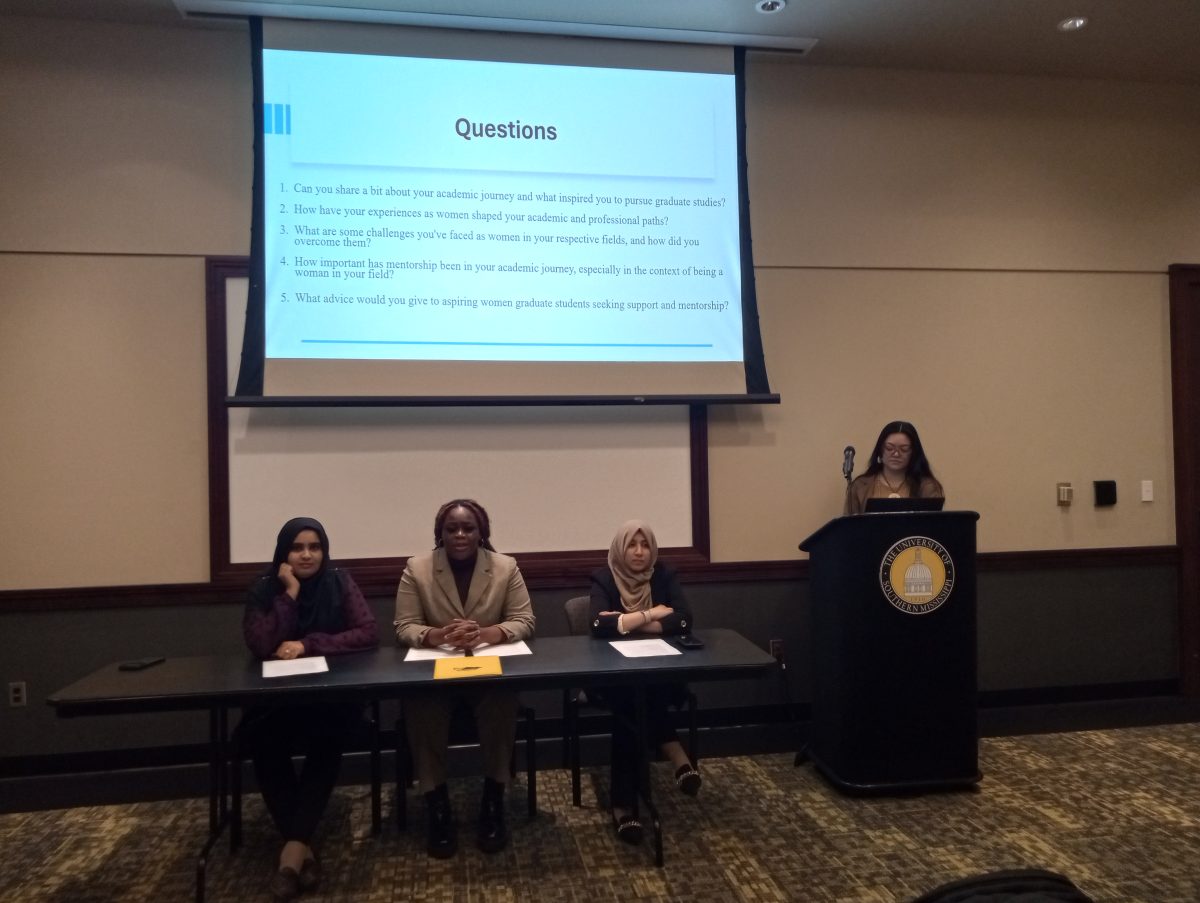On Wednesday, Oct. 4, students, faculty and staff were notified via email of USM’s new tobacco-free policy to be implemented on both the Hattiesburg and Gulf Park campuses beginning on Jan. 1, 2018 with the help of Tobacco Free Campus Taskforce spearheaded by The Moffitt Health Center.
When the current 19 smoking zones on the Hattiesburg campus were implemented, their stay was meant to be temporary according to the five-year-old policy, which cited the deadly effects of secondhand smoke from a 2006 Surgeon General study.
Now, in 2017, the university’s motivation in moving towards a smoke-free campus has not wavered. Chief Communications Officer Jim Coll referred to a study by the U.S. Department of Health and Human Services that found cigarette smoking to be the leading cause of preventable disease and death in the United States, accounting for more than 480,000 deaths every year.
According to Coll, “By going tobacco-free, the University envisions a cleaner, healthier environment in which students can learn, employees can grow professionally and the community can enjoy all that USM has to offer.”
Coll was not alone in his vision of a tobacco free environment in fall of 2016 according to a referendum vote regarding smoking on both USM campuses.
On the Hattiesburg campus, out of 1,873 student responses, the option of “I support a smoke/tobacco-free campus” received 1,285 votes (68.61%). The option of “I support the current smoking zone policy” received 588 votes (31.39%).
On the Gulf Park campus, out of 265 student responses, the option of “I support a smoke/tobacco-free campus” received 132 votes (50%). The option of “I support the current smoking zone policy” received 132 votes (50%). One student abstained from answering.
However, senior sociology major and former smoker Samuel Mingo sees the policy as an infringement of smokers’ rights and would like for the smoking zones to remain intact.
“Smoking rates have been on the decline among youngsters, so that’s good for them, but older smokers who have smoked their entire life are not going to give it up just because USM thinks it’s a good idea to tell people they ‘have to be’ healthy,” Mingo said. “I mean, that’s what we are getting at, isn’t it? USM is making the choice for an individual on what a person can and cannot do with their own body just to promote some delusional utopian ideal of a society of lemmings. What’s next, zones for people who use too much Axe body spray?… Cigarettes are how a lot of smokers relax. Is it ideal like doing yoga? No, but that is a choice for an individual to make, not me or you.”
Those found in violation of the policy will either receive a warning or be served with a fine. Notably, Coll said the policy will mostly rely on “self-governance,” encouraging USM faculty and students to “respectfully explain” the tobacco-free policy.
In hopes of estimating the number of smokers on campus, The Social Science Raesearch Center at Mississippi State University administered a web-based survey to full time undergraduates at USM in during the spring 2016 semester. The study found that 51 percent of participants had tried cigarette smoking with almost 15 percent claiming to be a consistent smoker, smoking at least once in the past 30 days and four percent smoking at least 20 of the past 30 days.
USM alumnus Jack Hammett believes the university “disregards the power of addiction.”
“Having smoking zones in place cuts down on having to smoke in public and, in turn, on smokers feeling guilty for bothering the people around them,” said Hammett. “I’m a smoker. I’m aware of the way my habit affects people nearby. It stinks, it makes me look like an a*****e and it gives people bad impressions of me. Most smokers feel that way, and most smokers want to quit as much as their loved ones want them to quit. But that’s the power of addiction—it stays whether there are rules against it or not. The real problem is pushing against addiction itself. Maybe setting up programs to help college smokers—and even alcoholics—get clear of their addictions would bmore beneficial, but we all know that such things cost money.”
According to junior communications studies major and vice president of SGA McKenna Stone, SGA was responsible for establishing a definite time frame for a smoke-free campus. SGA has been working towards a smoke-free campus since fall of 2014 with the passing of R09F14 “A Resolution to Establish The University of Southern Mississippi as a Smoke-Free Environment by Fall 2016,” which called for cessation efforts and the referendum vote previously mentioned.
Taking the SGA’s cue, Moffitt Health Center began offering free visits at the clinic to discuss tobacco cessation and prescription medicines like Chantix and Zyban at the Moffitt pharmacy with no copay for most insurance plans.
Health Educator and Promotions Coordinator at the Moffitt Health Center Kayla Johnson said there will be more resources and promotion of those resources thanks to a grant given by the CVS Health Foundation
“Preliminary efforts include creating awareness through educational programming and a media campaign, the installment of signs, and the promotion of cessation resources available to those desiring to quit using tobacco,” Johnson said. “Funding from the grant will also be used to train members of the USM community to actively assist in tobacco cessation efforts.”
On the Tobacco Free Campus Taskforce are appointed representatives from the Office of Health Promotion, Faculty Senate, Staff Council, Student Government Association, Student Affairs, Recreational Sports, Athletics, Physical Plant, Department of Public Health and the University Police Department.
For more information, contact the Moffitt Health Center at 601.266.5390.





